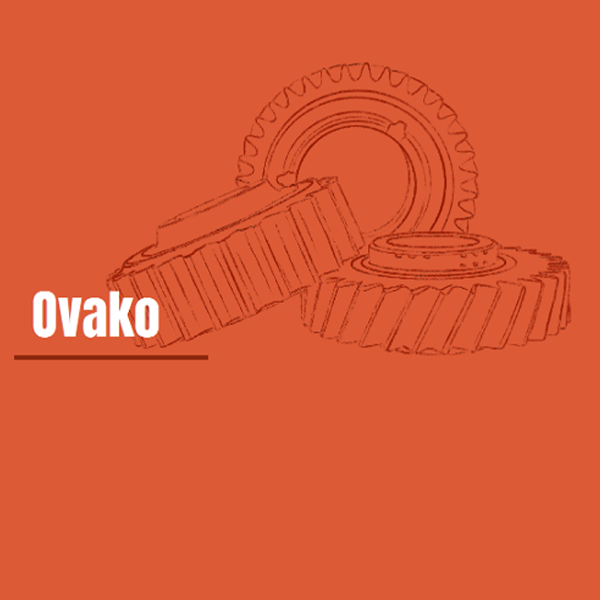Business innovation for a net zero Europe
European companies are cutting emissions, innovating, and thriving. Learn how climate ambition is becoming business advantage.
European companies are cutting emissions, innovating, and thriving. Learn how climate ambition is becoming business advantage.

Across Europe, companies are proving that cutting emissions and strengthening competitiveness can go hand in hand. From heavy industry to retail, practical solutions already exist that reduce costs, manage risk, and support long-term growth. We work with businesses to identify, showcase, and help scale these approaches so that climate action becomes a driver of innovation, not a barrier.
Our work focuses on real-world examples that policymakers, investors, and industry leaders can learn from. By highlighting what is already working, we aim to demonstrate that ambitious climate policy can reinforce Europe’s industrial base and accelerate the transition to a resilient, low-carbon economy. This approach reflects our broader strategy of using credible business leadership to inform policy and strengthen competitiveness.
Ecocem is a long-standing innovator in low-carbon cement technologies. The cement sector accounts for around 8 percent of global CO₂ emissions, yet solutions are available today that can deliver major reductions this decade. Ecocem’s approach shows how lowering clinker content can cut emissions by up to 70 percent while remaining commercially viable and compatible with existing infrastructure.
The case study explores how proven technologies, real-world demonstrations, and supportive policy frameworks can unlock rapid, cost-effective decarbonisation in a hard-to-abate sector. It illustrates what is possible when innovation is paired with collaboration and clear market signals.
Read the full case study to learn how Ecocem is helping chart a practical pathway to competitiveness and resilience for Europe’s cement industry.
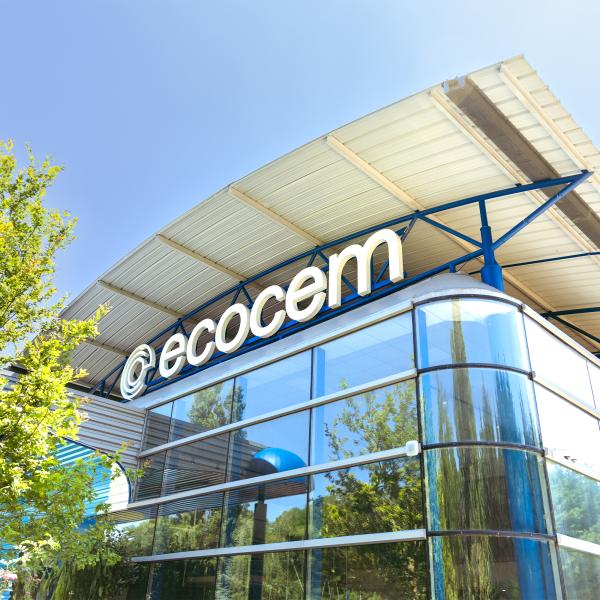
In 2018, the carbon emissions generated by the entire EU packaging sector accounted for 59 million US tons (mt) of CO2 per year and are expected to rise to 66 mt by 2030. Aluminium represents approximately 2% of all European packaging by weight.
Novelis reduced emissions by 14% between 2016-2023.
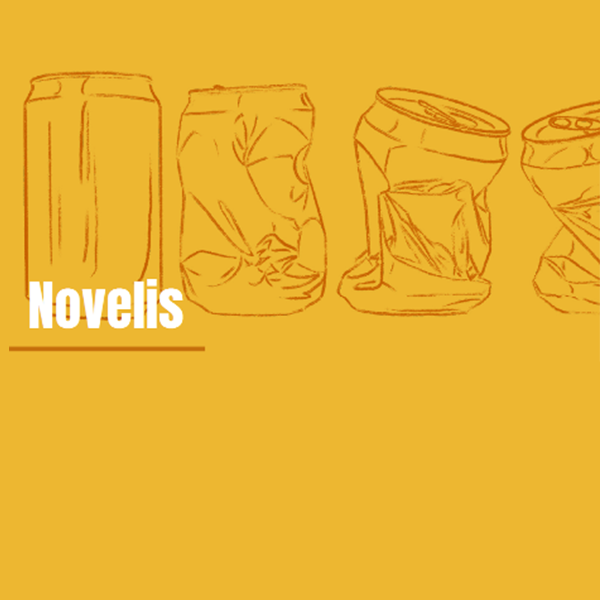
In 2017, global emissions from aquaculture, which is the industry responsible for fish farming, amounted to 263 million tons (mt) CO2. This number is expected to rise as experts estimate that human demand for “blue food”, defined as aquatic organisms for human consumption, will roughly double by 2050.
Corbion is a Dutch food and biochemicals company committed to lowering the emissions of the aquaculture sector by producing a sustainable feed alternative to fish oil for aquaculture species.
Since 2017, Corbion has been concentrating its investments and R&D efforts on producing a source of omega-3 for feed that does not rely on limited ocean resources and has a lower carbon footprint than fish oil. The company reports a 39% reduction in emissions per ton of product between 2016 and 2022.
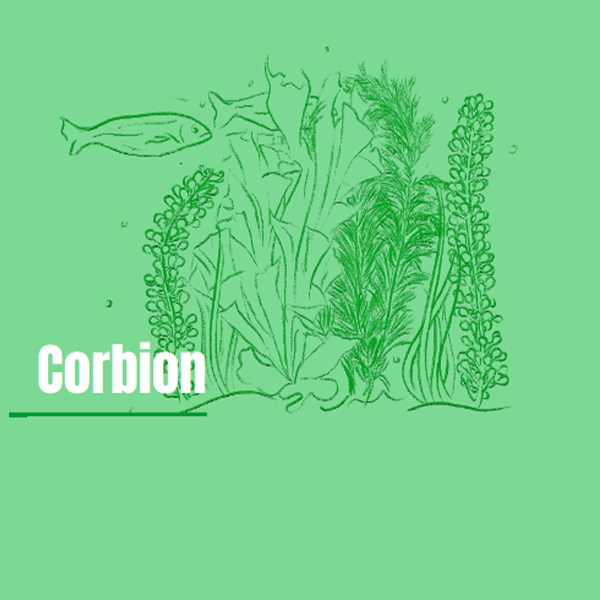
The cement sector represents around 8% of global CO2 emissions and since three-quarters of the infrastructure that will exist in 2050 has yet to be built, these emissions are expected to continue to rise due to increased urbanization and population growth.
Founded in 2000, Ecocem has four manufacturing facilities across Western Europe, selling into several major international markets including France, Ireland, the Netherlands, Belgium, Germany, Scandinavia, the UK, etc. It produces over two million tons of low carbon cement annually and is responsible for around 10-15% of the cement supply in the markets in which it operates. Ecocem’s revenues have tripled since 2015 and it expected revenues of around €230m in 2023.
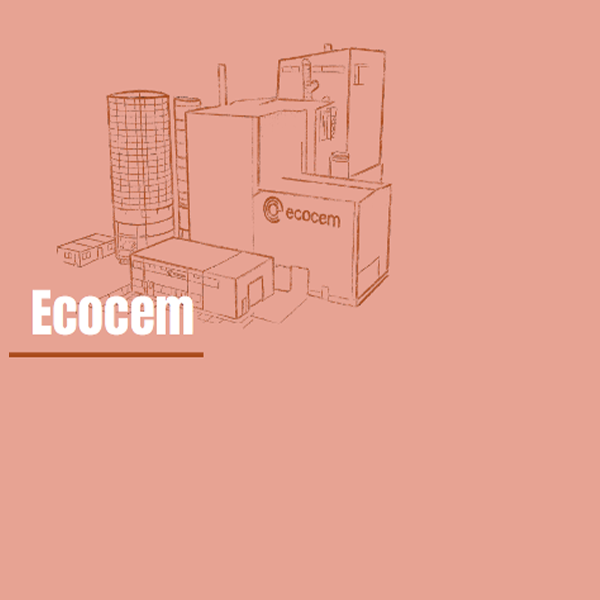
Since the 1950s, the world has produced over 9 billion tons (bt) of plastics. In 2019, the global production of this material amounted to 460 million tons (mt) which contributed to 3.4% of the world’s greenhouse gas emissions. Of these plastics, around 36% are used in packaging. Currently, the majority of plastics used for packaging applications are made from fossil-based raw materials, therefore consuming non-renewable resources and releasing fossil carbon in the atmosphere.
Novamont is an Italian company B Corp certified leader in the production of biodegradable and compostable bioplastics from renewable resources. Its bioplastics optimize the management of organic waste by avoiding microplastics, reducing environmental impacts and increasing the circularity of economic systems. In 2020, Novamont committed to a minimum threshold for revenues generated by circular products and activities (‘regenerative revenues’) of above 50%. In 2022 that grew to €426 million.
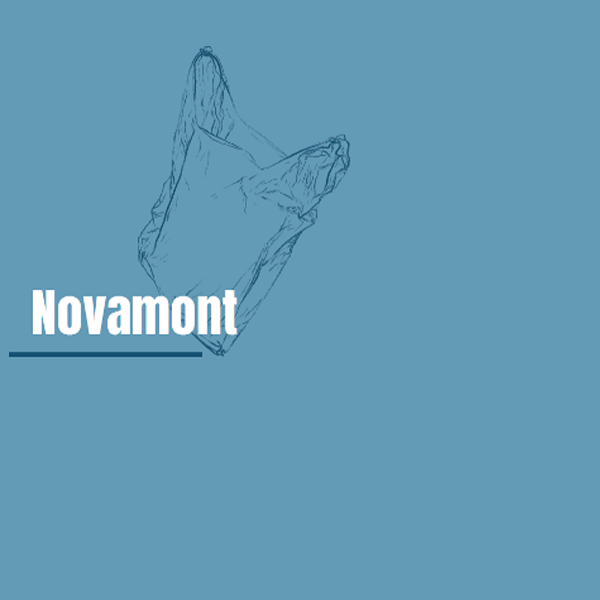
Globally, the shipping industry accounted for 2.89% of greenhouse gas emissions in 2018. Emissions from the industry are expected to rise in the coming decades, possibly reaching 150% of 2008 emissions by 2050.
Damen Shipyards Group offers maritime solutions such as ship building and ship repair worldwide, operating a total of 35 shipyards in 13 countries. In 2022, the Group employed a total of over 12,000 people and reached a production value of €2.5 billion. Damen’s Workboats division produced and delivered its first full electric tug, Sparky, which will save approximately 465 tons of CO2 in diesel emissions annually per tug.
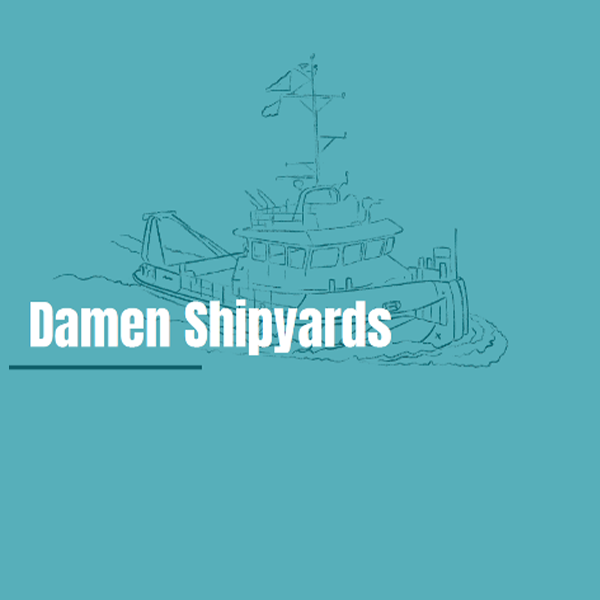
The steel sector’s direct and indirect emissions represent 7% of CO2 emissions globally. Including upstream Scope 3 emissions, the steel industry represents around 11% of global CO2 emissions.
Ovako has become the largest recycler of Nordic steel scraps and is engaged in responsible business practices across the entire supply chain. Ovako’s business model is based on circularity and recycling, remelting scraps to make steel. As steel is totally and infinitely recyclable, scrap-based steel has the same quality as primary steel production. Ovako products consist of an average of 97.2% recycled steel scrap, corresponding to over 800,000 tons of scrap per year, coming from Ovako’s own mills, as well as scrap from downstream manufacturing industries and end-of-life products.
